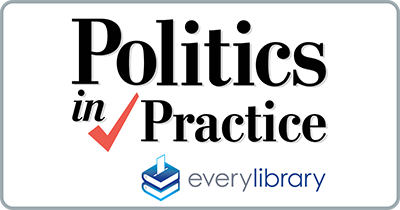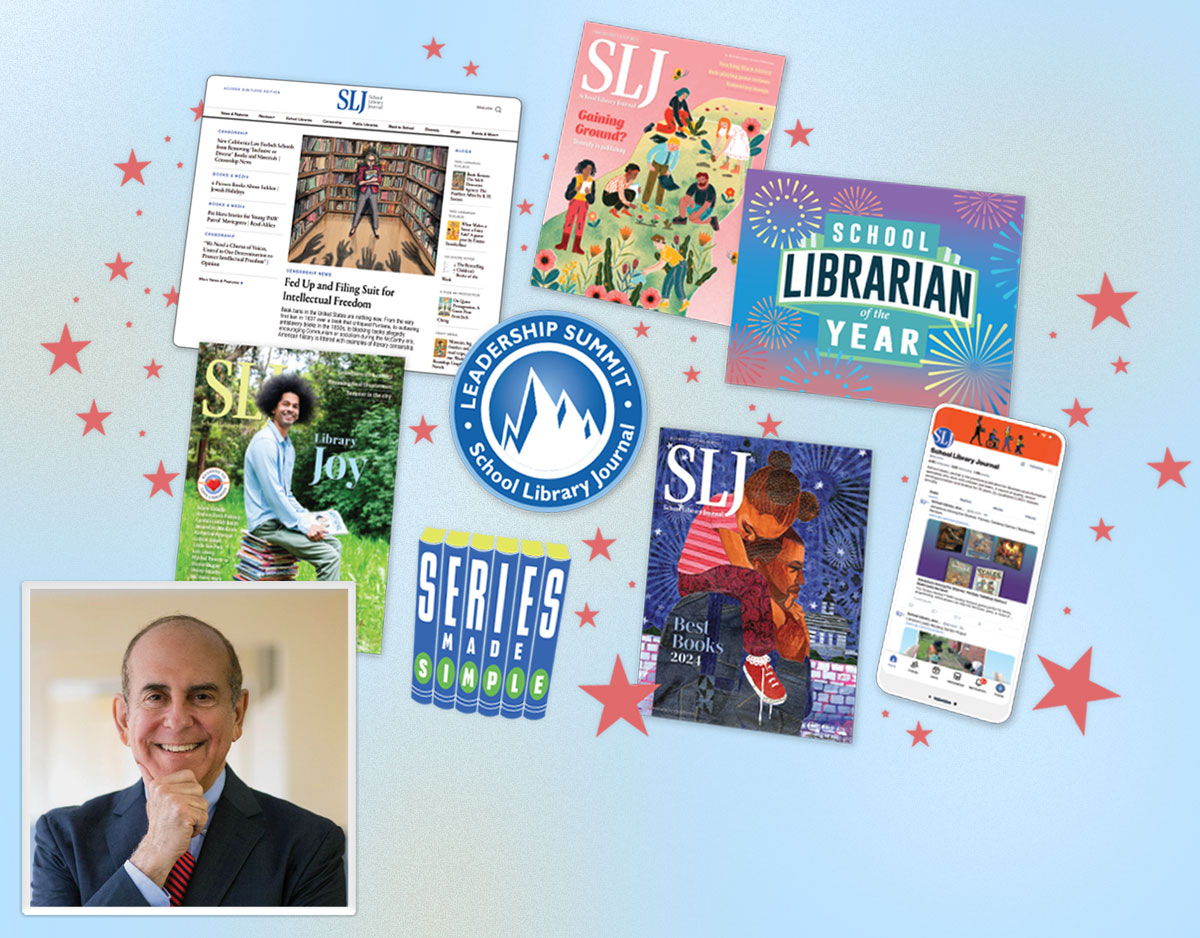An Injunction in Iowa as Missouri and Texas Lawsuits Continue
Senate File 496 (SF 496) is an Iowa law that restricts schools from teaching about LGBTQ-related topics and requires districts to ban books depicting sex acts. Since its enactment in July 2023, school districts in Iowa have broadly interpreted this law, leading to the removal of a wide range of books from school libraries. The law is at the center of two lawsuits in the U.S. District Court Southern District of Iowa. Plaintiffs, including student advocacy groups, Penguin Random House, the Iowa Education Agency, and several authors, argue that the law discriminates against LGBTQ students and violates constitutional rights under the First and 14th Amendments. Penalties for school administrators and staff who violate the law were set to go into effect on January 1, 2024. Plaintiffs are seeking an injunction to prevent book removals while the lawsuits proceed.
At a hearing on December 22, 2023, Judge Stephen Locher questioned the state Attorney General about the application of the law to specific books, including literary classics and educational texts. His questioning highlighted the challenges in determining which books should be banned under the law. As of December 29, 2023, Judge Locher has temporarily blocked key parts of the law, particularly those relating to the book ban and the forbidding of discussions on LGBTQ+ issues in schools, citing these provisions’ broadness and potential constitutional conflicts.
SF 496 is part of a broader trend across the United States where similar legislation is being introduced. These laws typically focus on restricting discussions on gender and sexual orientation and have been met with legal challenges. In Iowa, SF 496 led to the removal of many books from school libraries. The Iowa Department of Education did not provide a specific list of books to be removed, leaving decisions to individual school districts.
Laws like SF 496 in Iowa, SB 775 in Missouri, and HB 900 in Texas, create significant professional risks for school librarians and other educators in determining which books are permissible. When enacted, these laws are unevenly implemented. Some districts rush to use the law to censor, remove, and erase. There may be more caution in other districts, but these laws have a chilling effect on education and libraries. Pay attention to how local communities and school districts respond to these laws.
SF 496, SB 775, and HB 900 are all currently in the courts. School librarians must closely monitor ongoing legal proceedings, including court decisions, injunctions, appeals, and legislative changes or amendments. This includes reactions from parents, teachers, students, and local boards of education, which can influence the law’s implementation. Pay attention to how these anti-access bills are being interpreted and applied by your school and district, and document any official clarifications or guidance provided by the state education department or your district’s attorney, board, and administration. Follow research and discussions about the impact of book bans and restricted content on students, particularly regarding diversity, inclusivity, and the educational environment. School library leaders will need to assess the impact of anti-access laws on public and school libraries regarding collection development, access to information, and censorship concerns, especially for LGBTQ+ populations.
SF 496 in Iowa has caused controversy and several intertwined legal challenges, highlighting the importance of protecting students’ rights to access information and diverse perspectives. As this law and others like it continue to be introduced across the country, educators, librarians, and advocates must remain vigilant in protecting intellectual freedom and promoting inclusivity in education. By staying informed and engaged in ongoing legal proceedings and community discussions, we can work together to ensure all students have access to a rich and varied educational experience.
Filed under: News
About John Chrastka
EveryLibrary’s founder is John Chrastka, a long-time library trustee, supporter, and advocate. John is a former partner in AssociaDirect, a Chicago-based consultancy focused on supporting associations in membership recruitment, conference, and governance activities. He is a former president and member of the Board of Trustees for the Berwyn (IL) Public Library (2006 – 2015) and is a former president of the Reaching Across Illinois Libraries System (RAILS) multi-type library system. He is co-author of “Before the Ballot; Building Support for Library Funding.” and “Winning Elections and Influencing Politicians for Library Funding”. Prior to his work at AssociaDirect, he was Director for Membership Development at the American Library Association (ALA) and a co-founder of the Ed Tech startup ClassMap. He was named a 2014 Mover & Shaker by Library Journal and tweets @mrchrastka.
ADVERTISEMENT
ADVERTISEMENT
SLJ Blog Network
And the 2025 Endies Endpaper Awards Go To . . .
Taking Play and Whimsy Very Seriously: Meet the Smushkins and Claudia Rueda
Pushing Hope: An Illustrated Memoir of Survival | Review
Book Mail: Dark academia romantasy, a magical cooking school, a time-travel story, and more!
ADVERTISEMENT





